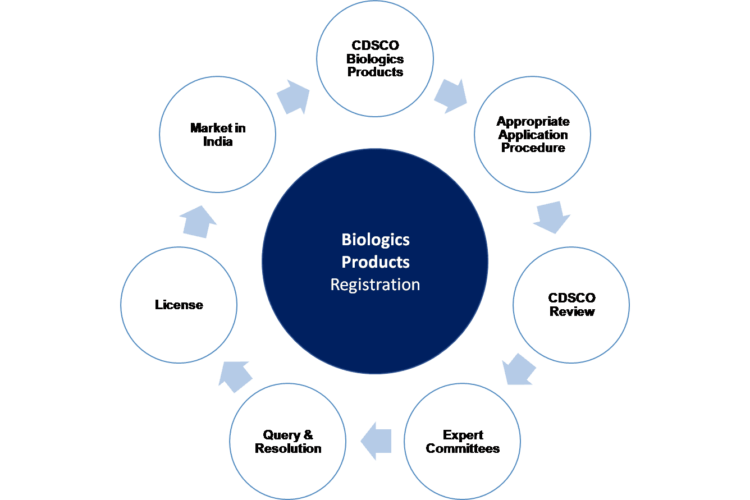Biologics have transformed modern medicine, offering innovative treatments for complex conditions such as autoimmune diseases, cancers, and rare genetic disorders. Unlike small molecule drugs, biologics are derived from living organisms and present a unique set of scientific and regulatory challenges. Their complexity, sensitivity to production changes, and evolving global oversight make regulatory consulting not just helpful—but essential—for bringing these therapies to market efficiently and compliantly.
Whether you’re a biotech startup or an established pharmaceutical company, here’s why regulatory consulting is vital in the biologics development process.
1. Navigating Complex Classification and Oversight
Biologics are regulated differently from conventional drugs due to their size, structure, and production processes. In the U.S., biologics typically fall under the Public Health Service Act (section 351) and are approved through a Biologics License Application (BLA). In the EU, they’re classified as advanced therapy medicinal products (ATMPs) or standard biologics under EMA guidelines.
Understanding which category your product falls into—and how that impacts your development and submission strategy—is critical. Regulatory consultants help interpret classification rules, identify regulatory pathways, and align early development steps with long-term approval strategies.
2. Ensuring CMC and Manufacturing Compliance
One of the most intricate areas of biologic development is Chemistry, Manufacturing, and Controls (CMC). Unlike chemical drugs, biologics are highly sensitive to changes in the production environment. Slight modifications in cell lines, culture conditions, or purification steps can alter the product’s safety or efficacy.
Regulatory consultants assist with:
- Designing scalable and GMP-compliant manufacturing processes
- Defining critical quality attributes (CQAs)
- Drafting robust CMC sections for regulatory submissions
- Preparing for FDA inspections and facility readiness
A misstep in manufacturing documentation or compliance can delay approvals and trigger costly remediation efforts.
3. Crafting Strategic Regulatory Roadmaps
Biologics often benefit from special regulatory designations that can expedite development and review. These include:
- Fast Track and Breakthrough Therapy (FDA)
- Priority Medicines (PRIME) in the EU
- Orphan drug designation
Navigating these opportunities requires careful planning, eligibility assessment, and timely submissions. Consultants help sponsors identify which programs apply and support application development to maximize their chances of acceptance.
Engaging an experienced partner like CERES biologics regulatory consulting ensures that your strategy integrates these pathways efficiently while maintaining compliance with the latest regulatory expectations.
4. Supporting IND/BLA Preparation and Review
Submitting an Investigational New Drug (IND) or Biologics License Application (BLA) requires comprehensive documentation, including clinical data, safety profiles, and manufacturing records. The depth and format of these submissions are often overwhelming for internal teams.
Consultants provide:
- End-to-end document review and preparation
- Cross-functional coordination across clinical, regulatory, and manufacturing teams
- Response strategies for FDA information requests or deficiency letters
- Advisory Committee preparation and mock Q&A sessions
This hands-on support ensures that submissions are complete, accurate, and aligned with regulator expectations.
5. Managing Global Regulatory Requirements
Global biologic development involves navigating divergent requirements between the FDA, EMA, PMDA, and other agencies. While harmonization efforts exist, regional variations in data expectations, submission formats, and approval processes persist.
Consultants with international experience help sponsors:
- Coordinate multi-region filings
- Align clinical trial designs for global approval
- Tailor CMC documentation to meet different regional standards
This global strategy reduces delays and enables faster access to international markets.
6. Facilitating Post-Market Compliance
Even after approval, biologics require ongoing oversight. Consultants support companies with:
- Post-market surveillance programs
- Annual report submissions and product updates
- Labeling changes and lifecycle management
- Safety reporting systems and pharmacovigilance
This continued guidance helps maintain market authorization and ensures patient safety.
Conclusion
Biologic regulatory consulting is essential due to the scientific complexity, regulatory rigor, and high-stakes nature of biologics development. With proper guidance, biotech and pharmaceutical companies can navigate challenges more efficiently, reduce risk, and accelerate patient access to life-changing therapies.

